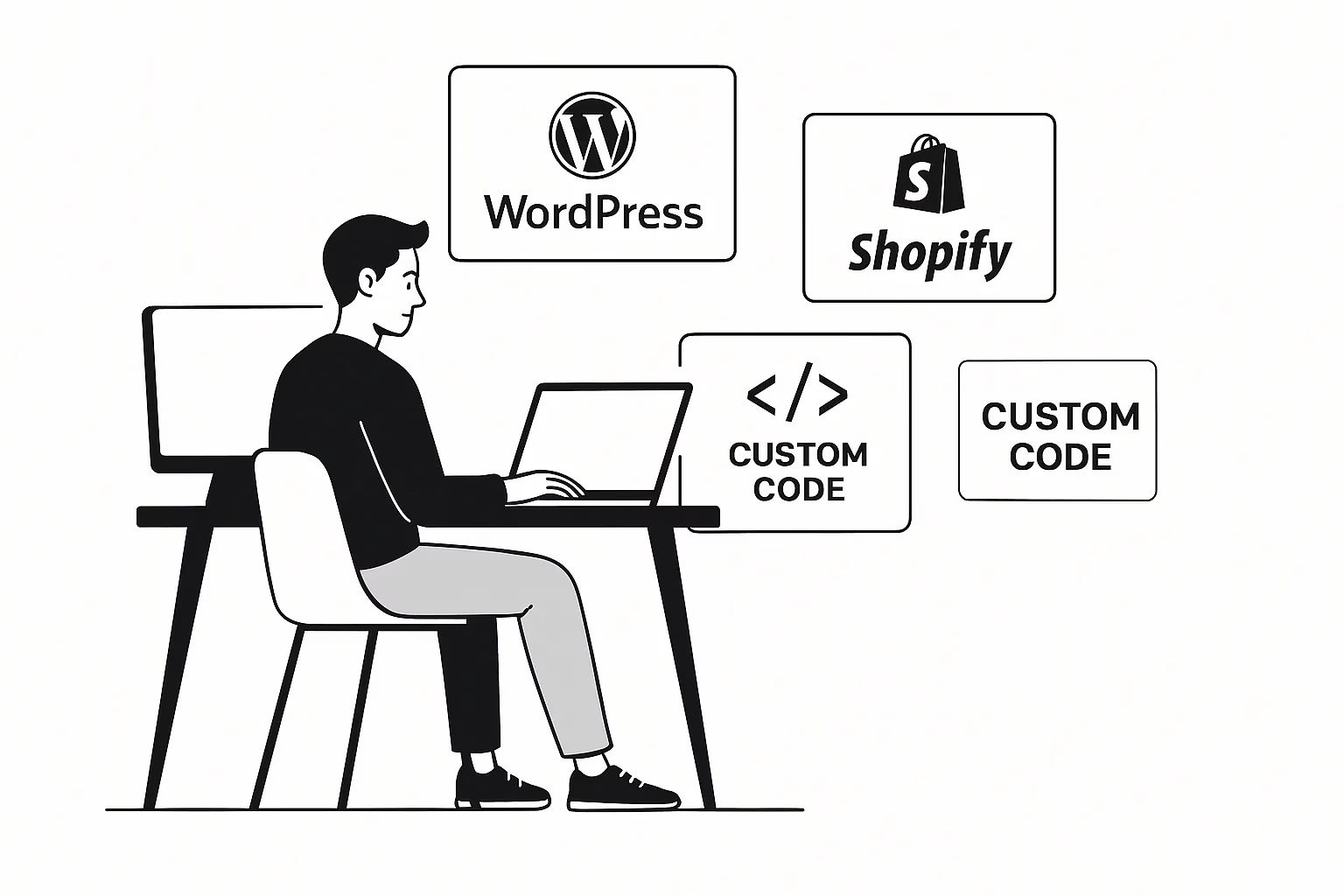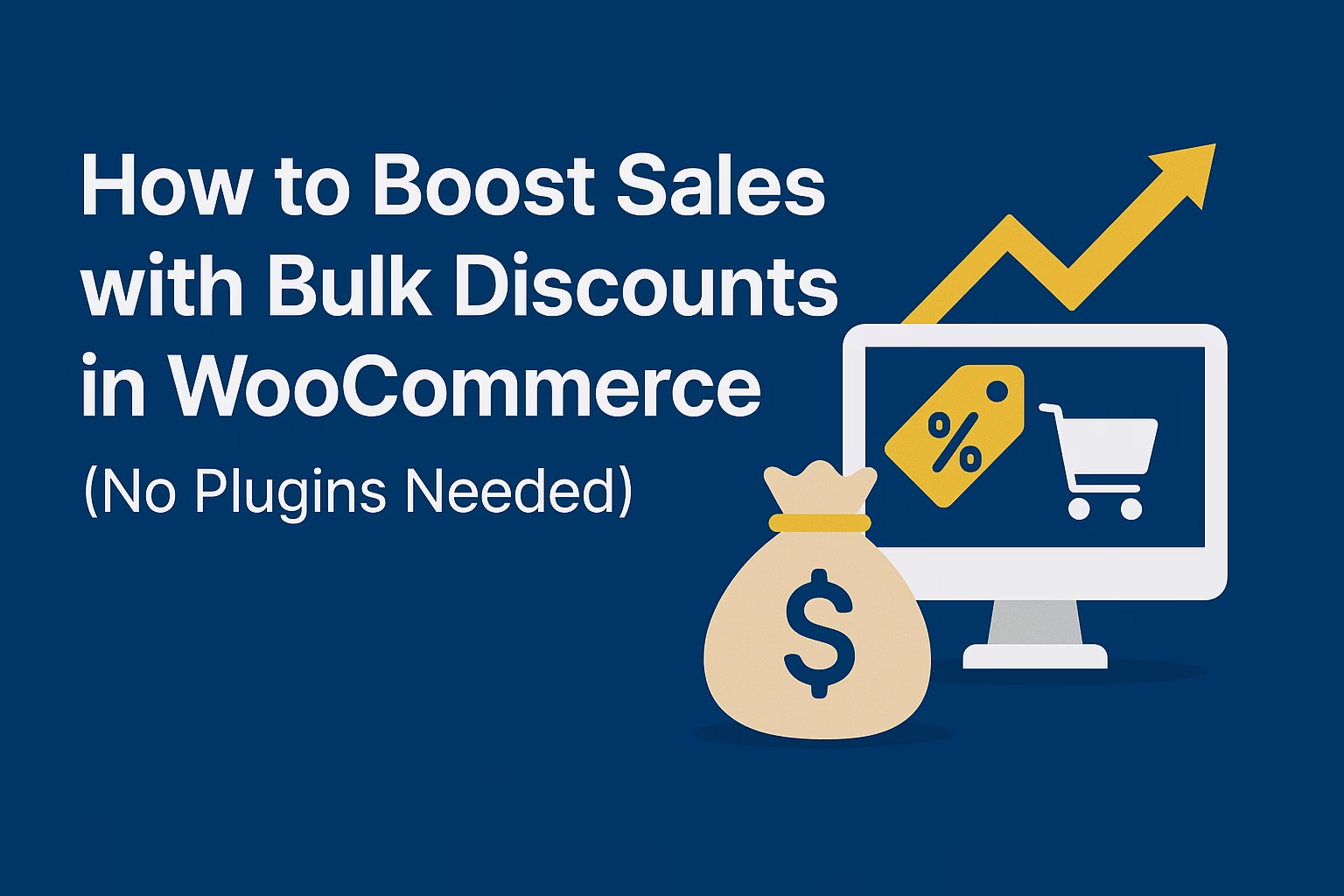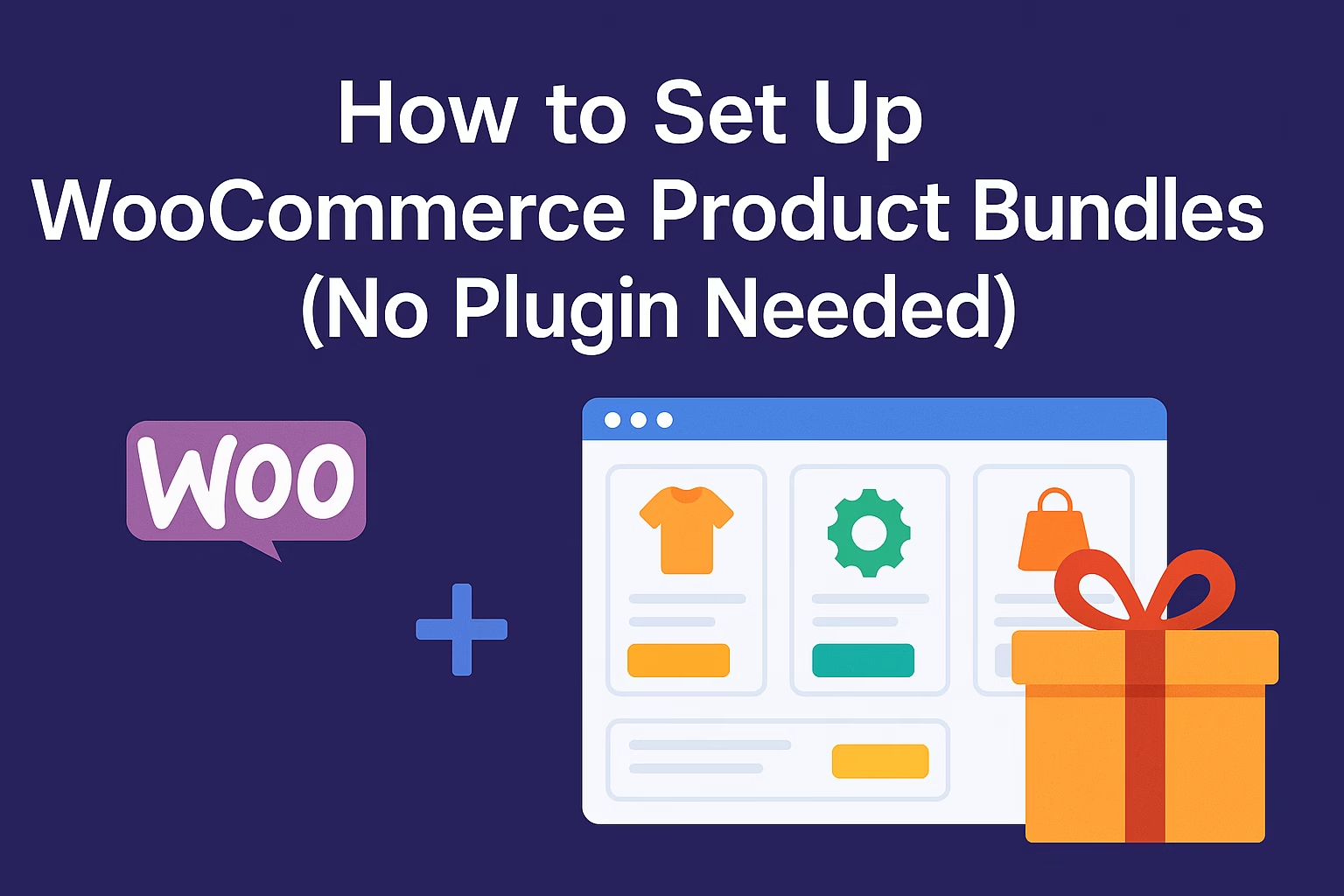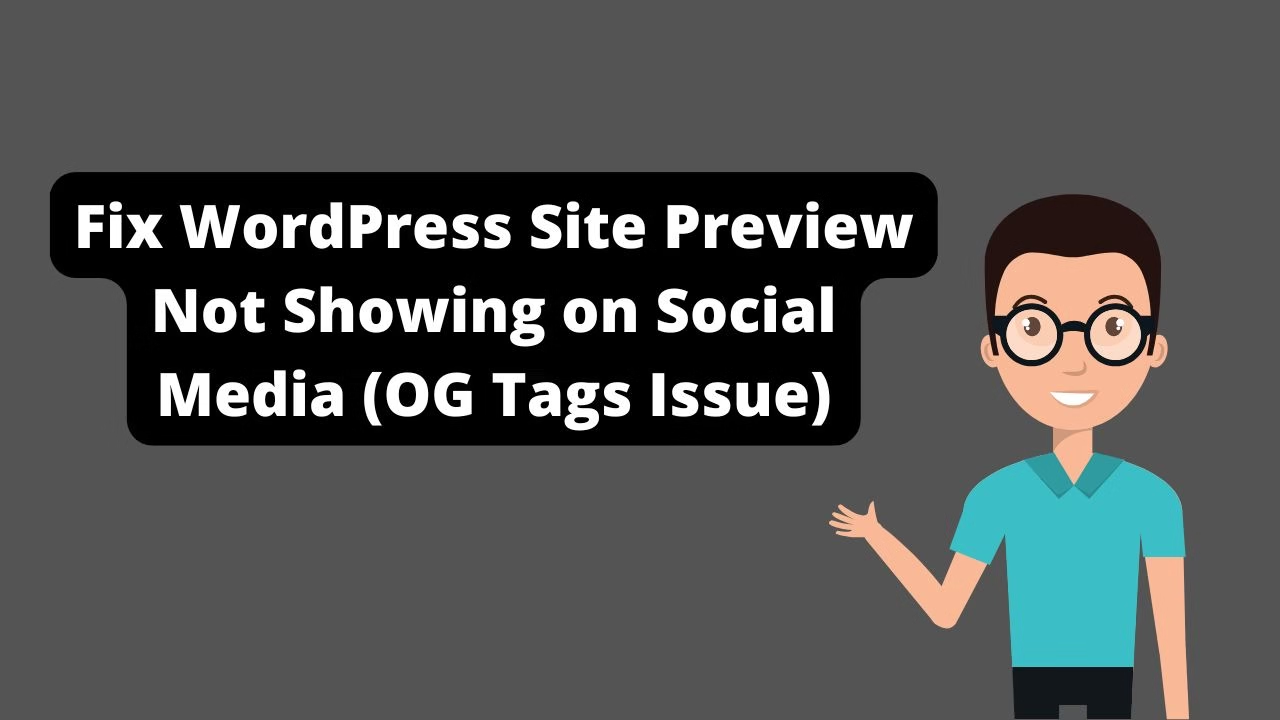WordPress is an open-source CMS that offers full flexibility for any type of website, while Shopify is a hosted platform built specifically for launching and managing online stores.
Choosing the right platform to build your website or online store is one of the most important decisions you’ll make for your brand. In this in-depth comparison of WordPress vs Shopify, we’ll break down everything you need to know — from ease of use and customization to pricing, SEO, and scalability.
Whether you’re launching your first site or planning a full-scale eCommerce business, this guide will help you make an informed, strategic decision.
What Is WordPress?
WordPress is a free, open-source content management system (CMS) that powers over 40% of all websites online. It’s incredibly flexible and works for everything from personal blogs to enterprise-level business websites.
Best for: Content-heavy websites, service-based businesses, portfolios, and blogs.
What Is Shopify?
Shopify is a hosted eCommerce platform designed specifically for building online stores. It provides everything you need to launch, run, and manage your store without dealing with technical complexities.
Best for: eCommerce brands, product-based businesses, dropshipping, and subscription services.
WordPress vs Shopify: Key Comparison
1. Ease of Use
Shopify wins for beginners. Its drag-and-drop interface makes it easy to build a store, add products, and manage orders.
WordPress has a steeper learning curve, especially if you’re using WooCommerce for eCommerce. You’ll likely need to install themes, plugins, and handle updates manually.
Verdict: Shopify is easier for non-technical users. WordPress offers more flexibility if you’re comfortable with basic tech.
2. Design & Customization
WordPress offers thousands of themes and plugins. You can customize everything, especially if you’re working with a developer.
Shopify has professional themes and a theme editor, but deep customization is limited unless you’re using Liquid (Shopify’s templating language).
Verdict: WordPress gives you full creative freedom. Shopify is more limited, but streamlined.
3. SEO Capabilities
WordPress is known for being SEO-friendly. Plugins like Rank Math or Yoast help optimize everything from meta tags to schema markup.
Shopify includes basic SEO features (sitemaps, meta titles, redirects), but some advanced elements (like full control over URLs) are restricted.
Verdict: WordPress is the clear winner for SEO flexibility and long-term organic traffic.
4. eCommerce Functionality
Shopify is built for selling online. From inventory to shipping, payments, and analytics, it’s ready to go out of the box.
WordPress requires the WooCommerce plugin to sell products. It works well, but needs more setup and extensions.
Verdict: Shopify is easier for full eCommerce. WordPress + WooCommerce offers flexibility but needs more hands-on work.
5. Performance & Security
Shopify includes fast, secure hosting, SSL certificates, and PCI compliance by default.
WordPress relies on your hosting provider. With the right setup (like LiteSpeed + Cloudflare), performance can be amazing — but it’s your responsibility.
Verdict: Shopify handles performance and security for you. WordPress gives you more control if you know how to manage it.
6. Pricing
Shopify has fixed monthly plans ranging from $39 to $399+, plus fees for premium themes or apps.
WordPress is free, but you’ll need to pay for hosting, themes, and premium plugins. It can be cheaper, but costs vary based on your setup.
Verdict: WordPress is more cost-effective if you’re hands-on. Shopify is predictable but pricier over time.
Final Verdict: Which Platform Should You Choose?
Use WordPress if:
- You need maximum design freedom
- Content marketing is key to your strategy
- You want to scale features over time
Use Shopify if:
- Your focus is selling products online
- You want a low-maintenance, all-in-one solution
- You don’t want to deal with plugins, servers, or technical setup
Bonus: What I Recommend as a Developer
I’ve helped clients build on both platforms. If you want a lean, SEO-optimized business site or blog, WordPress is hard to beat. If you’re launching an eCommerce brand fast and want less friction, Shopify is excellent.
Need help figuring it out? Contact me and I’ll guide you to the right decision based on your goals.
If you’re still weighing platform options, make sure to check out our in-depth WooCommerce vs Shopify 2025 comparison — it breaks down pricing, performance, SEO, and flexibility in more detail. Also, if you’re using WordPress and running into email issues, don’t miss our guide on fixing WordPress not sending emails — especially important for store owners relying on order confirmations and customer notifications.
Helpful Resources
TLDR: When comparing WordPress vs Shopify, it comes down to flexibility vs simplicity. Both are powerful — it depends on what you’re building.
Want advice on what to pick for your business? Reach out here. Let’s build something that performs.




